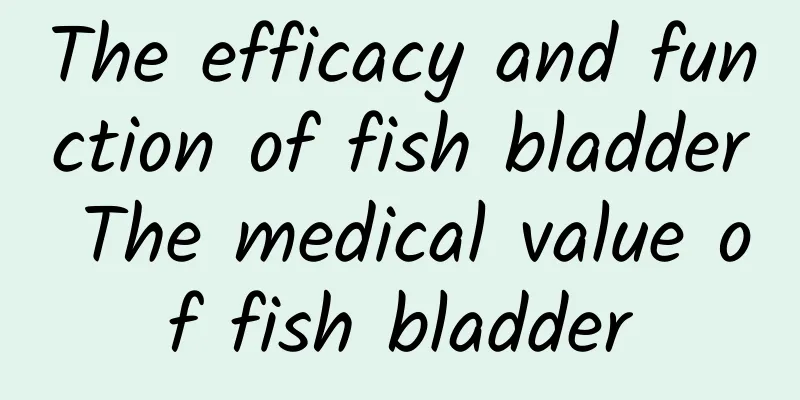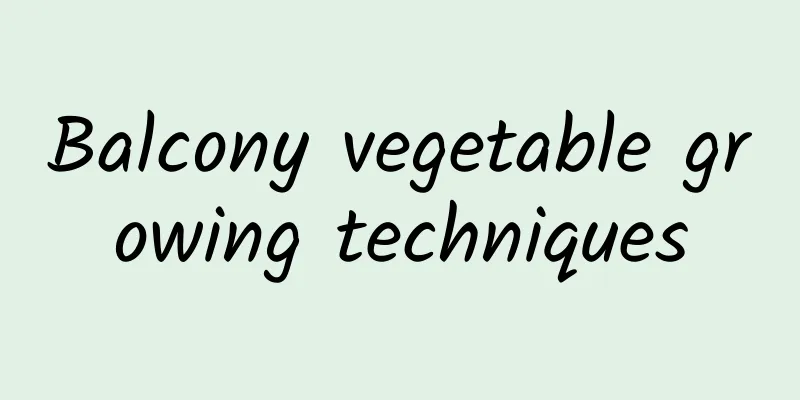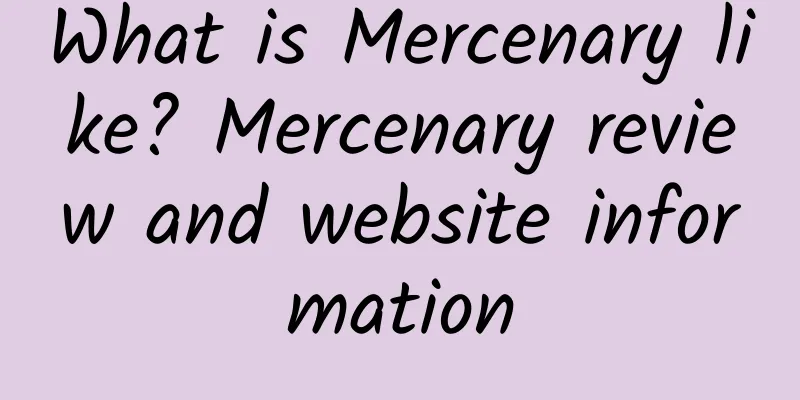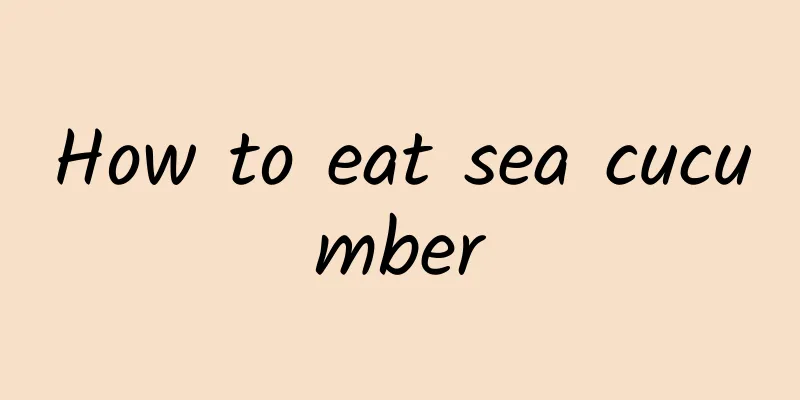How is GIZ German Technical Cooperation? GIZ German Technical Cooperation Reviews and Website Information
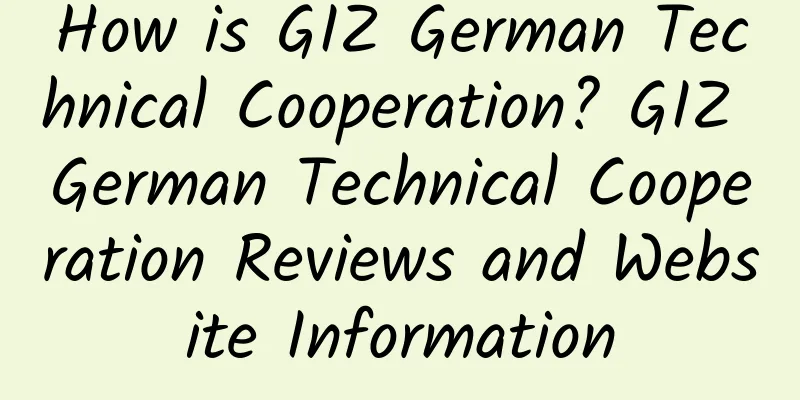
|
What is the website of GIZ German Technical Cooperation? GIZ is a German government-owned enterprise, founded in 1975 and headquartered in Eschborn. GIZ is a service enterprise promoting international cooperation, mainly supporting the reform and development of German partner countries. Website: www.giz.de The German Technical Cooperation (GIZ) is a German government-owned enterprise, founded in 1975 and headquartered in Eschborn. GIZ is a service enterprise that promotes international cooperation and mainly supports the reform and development of German partner countries. GIZ's mission is to help countries achieve sustainable development by providing technical assistance, consulting services and capacity building. GIZ has a wide network of partners around the world, covering government agencies, non-governmental organizations, private enterprises and international organizations. History and Background of GIZThe predecessor of the German Technical Cooperation (GIZ) was the German Technical Cooperation Agency (GTZ), which was established in 1975. GTZ was originally an agency established by the German federal government to support developing countries, aiming to promote the economic and social development of these countries through technical cooperation. In 2011, GTZ merged with the German Development Service (DED) and the German International Training and Development Center (InWEnt) to form today's GIZ. This merger enables GIZ to provide more comprehensive and diversified services, covering a variety of areas from technical assistance to human resources development. GIZ is headquartered in Eschborn, Germany, with several offices and project offices around the world. GIZ has more than 20,000 employees, including experts and consultants from various fields. GIZ's work focuses on the following areas:
GIZ's main areas of workGIZ's work covers a wide range of areas, from environmental protection to social governance. The following are the specific work contents of GIZ in some major areas: 1. Environmental protection and climate changeGIZ's work in the field of environmental protection and climate change focuses on the following areas:
2. Economic and social developmentGIZ's work in the field of economic and social development mainly includes:
3. Governance and democratizationGIZ's work in the area of governance and democratization mainly includes:
4. Crisis prevention and conflict managementGIZ's work in the field of crisis prevention and conflict management mainly includes:
GIZ's partnersGIZ has a wide network of partners around the world, including government agencies, non-governmental organizations, private enterprises and international organizations. The following are some of GIZ’s main partners:
How GIZ worksGIZ's working methods are very flexible and different working methods are adopted according to different project requirements. The following are several common working methods used by GIZ: 1. Technical assistanceGIZ provides technical assistance to partners by sending experts and consultants, who usually work on-site to help partners solve specific technical problems, provide policy advice and strategic planning support. 2. Consulting ServicesGIZ provides a variety of consulting services, including policy consulting, institutional reform consulting, project management consulting, etc. GIZ's consulting services are usually based on in-depth research and analysis, aiming to provide partners with practical solutions. 3. Capacity buildingGIZ helps partners improve their capabilities through training, seminars, workshops, etc. GIZ's capacity building projects usually target specific target groups, such as government officials, business managers, community leaders, etc. 4. Project ManagementGIZ has extensive experience in project management and is able to effectively plan, implement and monitor projects. GIZ's project management approach emphasizes results orientation to ensure that projects can achieve the expected goals and results. GIZ's success storyGIZ has implemented many successful projects around the world. Here are some of the typical cases: 1. Renewable Energy Projects in AfricaGIZ has implemented renewable energy projects in many African countries, helping them develop and utilize renewable energy such as solar, wind and hydropower. These projects not only reduce greenhouse gas emissions, but also provide clean and reliable energy supply to local communities. 2. Southeast Asia Water Resources Management ProjectGIZ has implemented a number of water resource management projects in Southeast Asia to help local governments improve water resource management and increase water resource utilization efficiency. These projects have reduced water resource waste and improved the sustainable use of water resources by introducing advanced water resource management technologies. 3. Latin American Social Governance ProjectGIZ has implemented a number of social governance projects in Latin America to help local governments strengthen their governance capacity and improve the efficiency and transparency of public services. These projects have promoted social justice and the rule of law by promoting policy and institutional reforms. Future prospects of GIZAs the main development cooperation agency of the German government, GIZ will continue to promote sustainable development and social progress around the world in the future. GIZ's work will focus on the following aspects:
GIZ, as an important agency of the German government, is committed to promoting global sustainable development through international cooperation. GIZ's work not only helps countries achieve economic and social development, but also makes important contributions to global peace and stability. GIZ's website is www.giz.de. You are welcome to visit for more information. |
<<: What is the Van Gogh Museum like? Van Gogh Museum reviews and website information
>>: What is the Israeli government like? Israeli government reviews and website information
Recommend
The efficacy, effects and contraindications of earrings Dendrobium
Earring Dendrobium is a kind of Chinese medicinal...
The pros and cons of drinking carrot juice
Carrot juice is a kind of vegetable juice squeeze...
How are Spanish banks? Spanish bank reviews and website information
What is the Bank of Spain website? The Bank of Spa...
How to drink raw liquor? Shelf life of raw liquor
Original liquor refers to the original liquor mad...
What is the Oberwolfach Institute for Mathematics like? Reviews and website information of the Oberwolfach Institute for Mathematics
What is the website of the Oberwolfach Mathematica...
The efficacy and function of red ginger flower
Red Ginger Flower is a special plant native to In...
How is Manchester City? Manchester City reviews and website information
What is Manchester City? Manchester City Football ...
How to steam taro and make it delicious
There are many ways to cook taro, and steaming is...
Dietary taboos for patients with diabetes
Diabetes has become a health killer for modern pe...
The efficacy of jackfruit and how to eat it
Jackfruit is a specialty fruit in the south. Let’...
The efficacy of Wuren porridge
How much do you know about the effects of Wu Ren ...
The efficacy and function of grapefruit flesh and how to eat grapefruit flesh
Pomelo pulp is the pulp of the fruit pomelo. It i...
What is the nutritional value of coconut meat and how to eat coconut meat
Coconut meat is the flesh of the leaves and has h...
How to eat raw papaya
There are many ways to eat raw papaya. Here are a...
King Oyster Mushroom Soup
King oyster mushroom can not only be fried, but a...



